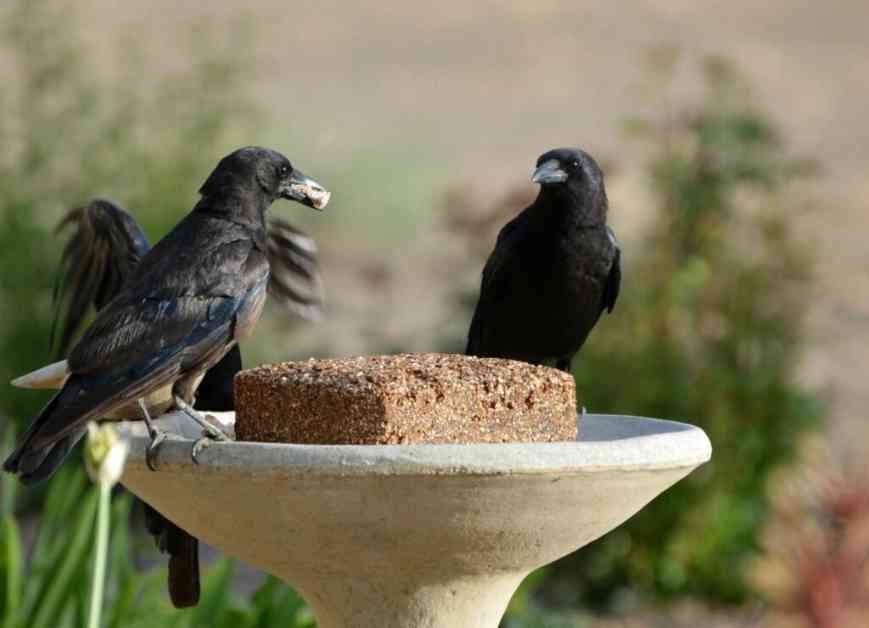**Texas Parks and Wildlife Issues Bird Flu Warning: What You Need to Know**
Communities in Texas are on high alert as the Texas Parks and Wildlife Department issues a warning about the recent outbreak of Highly Pathogenic Avian Influenza (HPAI). This contagious virus poses a threat to both wild and domestic bird populations, as well as potential risks to human health. The latest confirmed cases near Arboretum Boulevard and the 360 Capital of Texas Highway have prompted urgent calls for action to prevent further spread.
**Taking Precautions to Slow the Spread**
The Texas Parks and Wildlife Department has provided crucial guidance for residents to help slow the spread of bird flu. Here are some key steps to follow:
1. **Remove bird feeders and bird baths**: Temporarily cease the use of feeders and baths to minimize congregation points where the virus can easily spread.
2. **Avoid handling sick or dead birds**: If you come across wildlife displaying signs of illness or discover deceased birds, refrain from touching them. Report any sightings to TPWD or your local wildlife biologist.
3. **Keep pets away**: Prevent pets from consuming wild bird carcasses, as this could expose them to the virus.
4. **Maintain good hygiene practices**: Thoroughly wash your hands after any unavoidable contact with wild animals or outdoor areas frequented by birds.
**Urgent Actions for Community Health**
The Texas Parks and Wildlife Department emphasizes the vital role that communities play in curbing the spread of the virus. By taking immediate steps like removing bird feeders and baths, residents can help prevent further transmission. Officials stress that unnecessary interactions with wild birds, such as feeding waterfowl in parks, heighten the risk of spreading HPAI.
**CDC Recommendations and Risks**
The Centers for Disease Control and Prevention (CDC) is urging the public to treat the bird flu outbreak with seriousness. While the current risk of HPAI transmission to humans remains low, the potential for the virus to mutate poses concerns. Close contact with infected birds or contaminated surfaces could pose health risks, underscoring the importance of staying vigilant.
**Nationwide Impact and Community Efforts**
HPAI has been detected across all U.S. states, with recent cases reported in various counties across Texas. The virus spreads both directly between birds and indirectly through contaminated environments, highlighting the need for widespread efforts to contain the outbreak. Wildlife experts caution that continued spread could have severe consequences for bird populations and agricultural interests.
If you or someone you know has experienced illness after potential exposure to infected birds, contacting a healthcare provider is crucial. By reporting incidents promptly, individuals can help prevent further transmission and protect public health.
Remember, every action counts in combating the bird flu outbreak. Let’s work together to safeguard our communities and wildlife from this threat.
If you found the reporting above valuable, please consider making a donation to support it here. Your gift helps pay for everything you find on texasstandard.org and TPR.org. Thanks for donating today.















